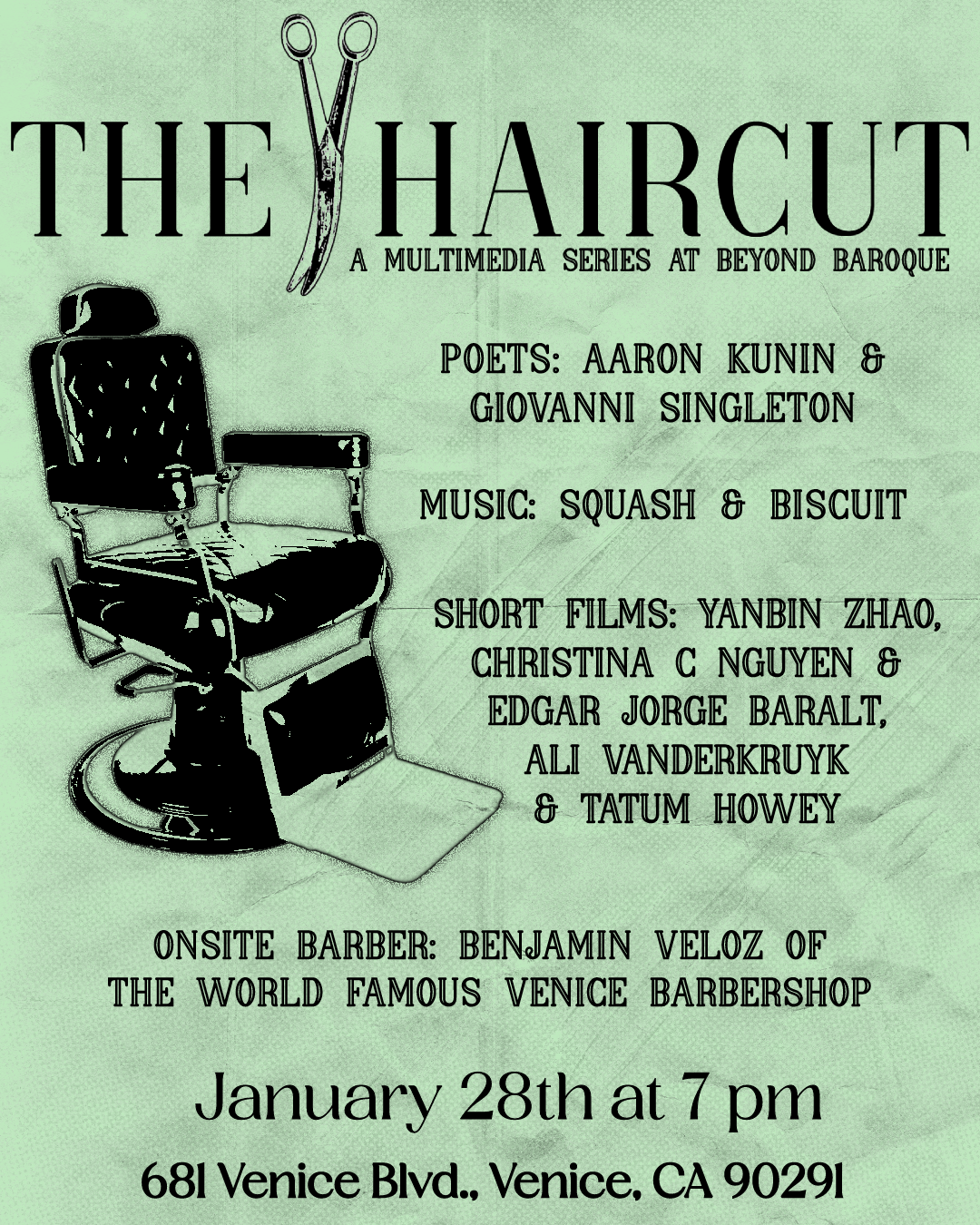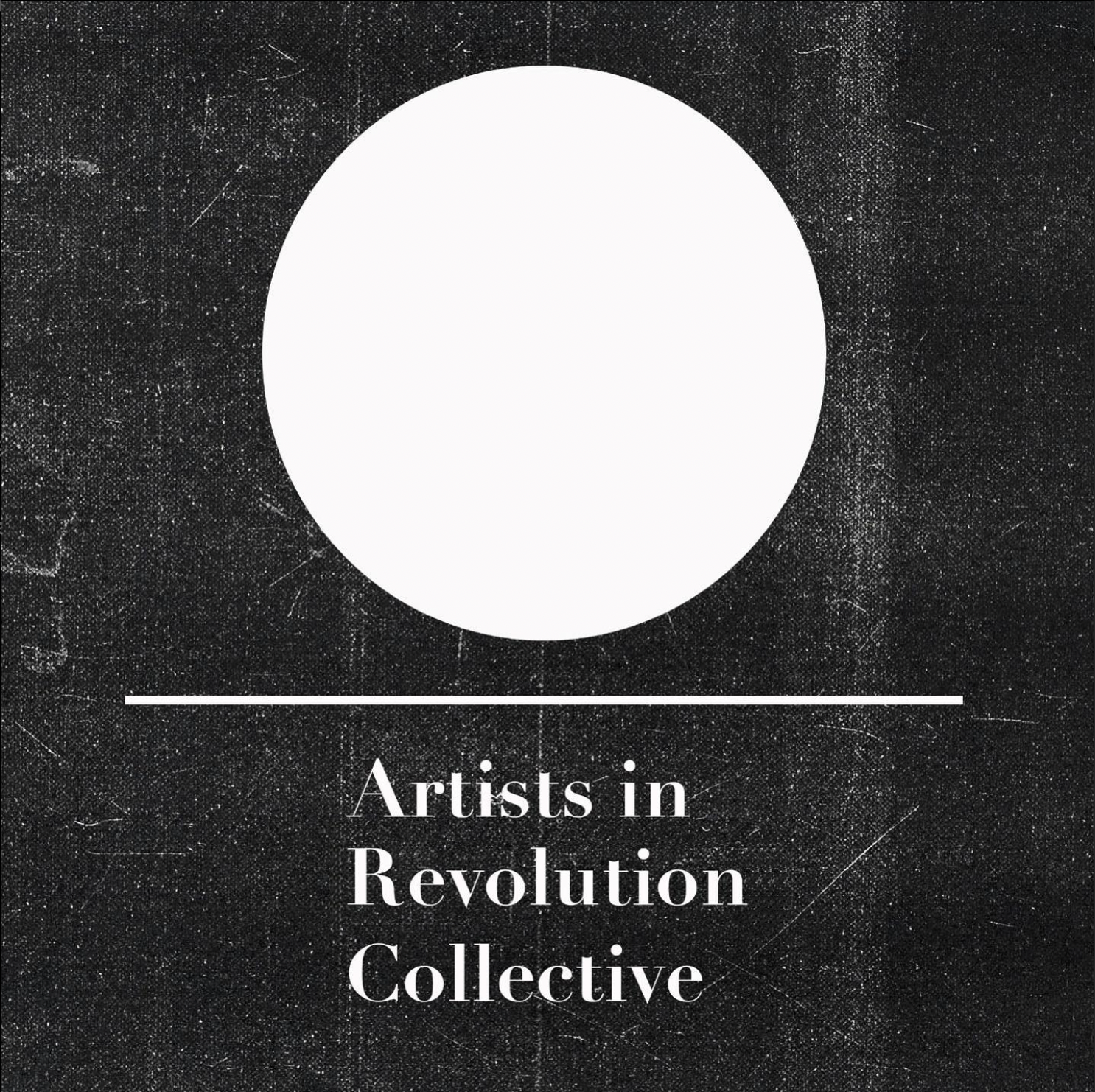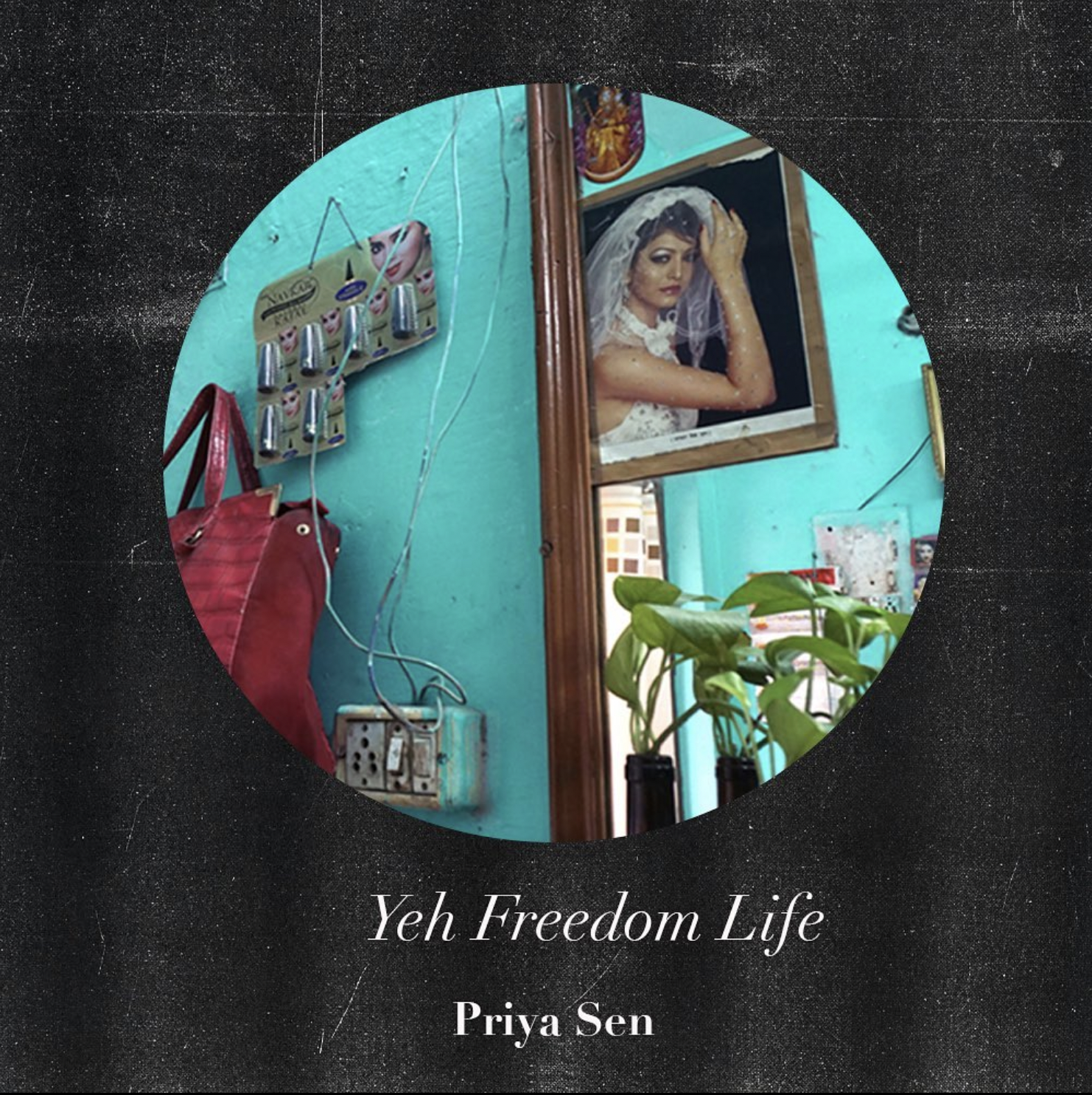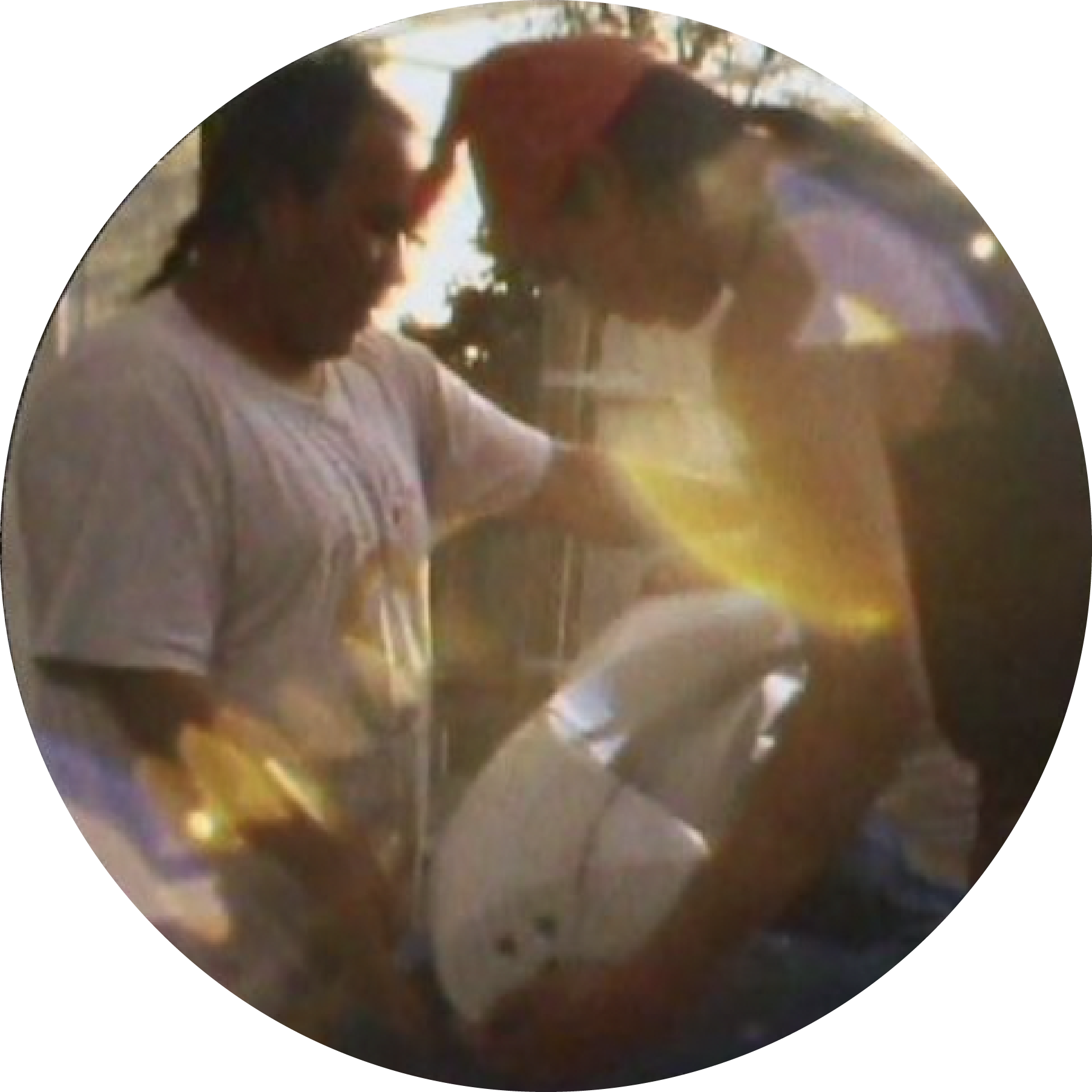
HOPE THIS FINDS YOU WELL
A curation for Beyond Baroque’s Haircut Series. January 28th, 2023, Beyond Baroque, LA
Program Note:
Notes scribbled on grocery bills, surprises left on the kitchen countertop for a loved one, ID cards shoved in wallets alongside fortune cookie notes, secret hand gestures shared across the room, and the signature intonations of someone’s voice on the other side of the phone—is this how we are remembered and re-discovered? The films in Hope This Finds You Well look at how objects and languages—tangible or otherwise—become vessels of one’s many identities—private, personal, communal and national.
A curation for Beyond Baroque’s Haircut Series. January 28th, 2023, Beyond Baroque, LA
Program Note:
Notes scribbled on grocery bills, surprises left on the kitchen countertop for a loved one, ID cards shoved in wallets alongside fortune cookie notes, secret hand gestures shared across the room, and the signature intonations of someone’s voice on the other side of the phone—is this how we are remembered and re-discovered? The films in Hope This Finds You Well look at how objects and languages—tangible or otherwise—become vessels of one’s many identities—private, personal, communal and national.

ARTISTS IN REVOLUTION COLLECTIVE
A collaboration between Nehal Vyas and Gavati Wad.
A collaboration between Nehal Vyas and Gavati Wad.
The Artists in Revolution Collective focuses on amplifying art and cinema from underrepresented communities all over the world through a network of friends, colleagues and fellow artists. In each of our sessions, we collaborate with artist members from the region in focus to create dialogue around the socio-political conditions that surround them. Our programs encourage engagement with media ranging from cinema to music, poetry and performance. Over the past two years, we have curated sessions focusing on South Africa, Brazil, China, Mexico, Native America, Black American Music, Palestine, and Peru.

AIRC SESSION 9: VENEZUELA
August 13th, 2022, Whammy LA
Presented by: Richard Nieto Fernández
Artists: Diego Andrés Murillo, Edgar Jorge Baralt, Elena Duque, Humberto González Bustillo & Valentina Alvarado Matos
This session featured films by five Venezuelan filmmakers, centred around the themes of distances, reencounters, states and memories.
August 13th, 2022, Whammy LA
Presented by: Richard Nieto Fernández
Artists: Diego Andrés Murillo, Edgar Jorge Baralt, Elena Duque, Humberto González Bustillo & Valentina Alvarado Matos
This session featured films by five Venezuelan filmmakers, centred around the themes of distances, reencounters, states and memories.




AIRC: DESIRE AS RESISTANCE
April 24th, 2022, REDCAT LA
Program Note:
April 24th, 2022, REDCAT LA
Program Note:
At a time when love is frequently summoned to the courtroom in India, the films in this program present unsanctioned desires as a form of active resistance. By reclaiming control over the narrative of their own lives, the different subjects onscreen express their refusal to accept the illusion of a singular identity, be that national, religious or personal.
Priya Sen’s Yeh Freedom Life (2019) pictures an intimate portrait of love and struggle as queer couples navigate their vulnerability and precariousness of love outside of societal constraints. Sarah Naqvi’s How Does One Say Queen in Islam (2020) invokes ghosts of heroic women from traditional storytelling to conjure a new and personalized version of Islamic history. In Letter from Your Far-Off Country (2020) Suneil Sanzgiri follows the entangled traces of self and community in the history of a distant homeland.
Priya Sen’s Yeh Freedom Life (2019) pictures an intimate portrait of love and struggle as queer couples navigate their vulnerability and precariousness of love outside of societal constraints. Sarah Naqvi’s How Does One Say Queen in Islam (2020) invokes ghosts of heroic women from traditional storytelling to conjure a new and personalized version of Islamic history. In Letter from Your Far-Off Country (2020) Suneil Sanzgiri follows the entangled traces of self and community in the history of a distant homeland.

FROM CINEMA
curation for COVID relief in India
Films:
From Family
Moakshaa Vohra
The Tour
Amshu Chukki
The Last Mango Before the Monsoon
Payal Kapadia
How Does One Say Queen in Islam
Sarah Naqvi
Mohammed Rafi Fan Blog
Nihaal Faizal
City Untitled
Amarnath Praful
Pati
Sohrab Hura
Isosceles Forest
Sukanya Ghosh
Aswara
Siddharth Govindan
Phukkega Kya?
Aliasger Dhariwala
curation for COVID relief in India
In an effort to raise funds for the Migrant Solidarity Workers Network in 2021, a curation featuring the works of ten filmmakers was made available to donors for a period of three weeks. All the proceeds were donated to MSWN.
Films:
From Family
Moakshaa Vohra
The Tour
Amshu Chukki
The Last Mango Before the Monsoon
Payal Kapadia
How Does One Say Queen in Islam
Sarah Naqvi
Mohammed Rafi Fan Blog
Nihaal Faizal
City Untitled
Amarnath Praful
Pati
Sohrab Hura
Isosceles Forest
Sukanya Ghosh
Aswara
Siddharth Govindan
Phukkega Kya?
Aliasger Dhariwala

AIRC SESSION 8: PERU
December 5th, 2020, Zoom
Presented by: Nicolás Carrasco
Tierra sin patrones: Peruvian cinema in the age of revolution
December 5th, 2020, Zoom
Presented by: Nicolás Carrasco
Tierra sin patrones: Peruvian cinema in the age of revolution
During the 60s and 70s, filmmakers of the so-called "Third World" recognized film as a means for decolonization and as a language to be decolonized. In Peruvian cinema, this was no exception: filmmakers such as Nora de Izcue and Ernesto Leistenschneider made called to arms against imperialism and excavated stories of resistance, creating a new revolutionary cinema that was tremendously inventive and politically explosive. In 1973, the year both of these films were released, Peru was under Juan Velasco’s Revolutionary Government, which issued an agrarian reform four years prior.
Runan Caycu shows the testimony of campesino leader Saturnino Huillca, who tells the challenges faced by the Cuzco campesino movement with the gamonales and hacendados, the land owners, before the agrarian reform.
Tierra sin patrones also highlights the difference between social classes before 1968, before Velasco’s military coup, justifying the Revolutionary Government’s slogan: "Tierra sin patrones", a land without landlords.
Runan Caycu shows the testimony of campesino leader Saturnino Huillca, who tells the challenges faced by the Cuzco campesino movement with the gamonales and hacendados, the land owners, before the agrarian reform.
Tierra sin patrones also highlights the difference between social classes before 1968, before Velasco’s military coup, justifying the Revolutionary Government’s slogan: "Tierra sin patrones", a land without landlords.

AIRC SESSION 7: PALESTINE
October 3rd, 2020, Zoom
Presented by: Zaina Bseiso
Artists: Azza El Hassan & Kamal Al Jafari
October 3rd, 2020, Zoom
Presented by: Zaina Bseiso
Artists: Azza El Hassan & Kamal Al Jafari
After the Palestinian Film Institute in Beirut was raided by Israeli forces in 1982, the destiny of many films remains unknown until today. In 2003, Azza El Hassan made a film about her search for this lost archive. Despite her attempts yielding no results at the time, her work posed a critical question. What is the effect of this void in visual material on the Palestinian narrative? This program followed the trajectory of lost, re-imagined and re-collected archives, exploring their potential as forms of healing and resistance. It also delved into alternate approaches to the archiving of the present in the midst of a rapidly disappearing Palestinian landscape.

AIRC SESSION 6: ROOTED IN BAM
August 29, 2020, Zoom
Presented by: Joey Archie
August 29, 2020, Zoom
Presented by: Joey Archie
Rooted In BAM took us on a journey through the history of Black American Music (BAM), its influences on various other genres and how it tackled various political and social issues throughout American history.

AIRC SESSION 5: NATIVE AMERICA
August 8th, 2020, Zoom
Presented by: Eve LaFountain
Artists: Raven Chacon, Doane Tulugaq Avery, Amelia Winger-Bearskin & Vibration Group
August 8th, 2020, Zoom
Presented by: Eve LaFountain
Artists: Raven Chacon, Doane Tulugaq Avery, Amelia Winger-Bearskin & Vibration Group
Manifesting our destiny. Manifestations of destinations. Defying the lies of erasure. Defining our lines into the future. The people, the Indigenous peoples of these lands, continue to survive in the post apocalyptic world we’ve traversed for 528 years and counting. At the helms of our ships we sail through the stories of our ancestors and continue to build our futures.

AIRC SESSION 4: MEXICO
July 11th, 2020, Zoom
Presented by: Luis Gutiérrez Arias
Artists: Hana Coleman, Annalisa D. Quagliata & Luna Marán
July 11th, 2020, Zoom
Presented by: Luis Gutiérrez Arias
Artists: Hana Coleman, Annalisa D. Quagliata & Luna Marán
When the Mexican state declared a war on drugs in 2006, violence in the country not only multiplied in quantity but in form as well. More than 60,000 forced disappearances, alarming numbers of murdered journalists and an unbearably rising amount of femicides all caught in between the reckless crossfire of this war. In the absence of a protective social body, a search for autonomy represents the only hope in the face of state violence. The outcome of which is stronger autonomous communities and the support networks that connect them; community police, femminist self defense groups, and independent media outlets. This session included three short films depicting different manifestations of this violence and a cultural project taking place in the Zapotec town of Guelatao, Oaxaca where a group of indigenous filmmakers founded one of the only community cinemas in Mexico.

AIRC SESSION 3: CHINA
June 27th, 2020, Zoom
Presented by: Yao Chen & Yanbin Zhao
Artists: Rong Guangrong & Matthias Delvaux
June 27th, 2020, Zoom
Presented by: Yao Chen & Yanbin Zhao
Artists: Rong Guangrong & Matthias Delvaux
Modern China has formed a development model where economic development takes the lead. Education, culture, and the arts have been the biggest victims of this model. Under strict censorship and controlled speech, some maverick independent auteurs have grown up wildly.
This session screened two films by director Rong Guangrong. We were joined by Rong Guangrong and cinematographer Matthias Delvaux.
This session screened two films by director Rong Guangrong. We were joined by Rong Guangrong and cinematographer Matthias Delvaux.

AIRC SESSION 2: BRAZIL
June 13th, 2020, Zoom
Presented by: Isabela Costa & Ana Doria
June 13th, 2020, Zoom
Presented by: Isabela Costa & Ana Doria
The Northeast area of Brazil has been historically stigmatized by the Southeast of the country. Places like Pernambuco, Piauí, and Ceará are excluded from the Brazilian map and hidden behind the hygienic postcard images of Rio de Janeiro and the economic hegemony of São Paulo. Kleber Mendonça Filho, a filmmaker from Pernambuco, has been incisive towards the social, racial, and gender disparities of the country. Humor and absurdity are key elements to subvert the hierarchical logic of Brazilian capitalism. This session was a brief investigation of how nonsense can be used as an aesthetic apparatus to explain the subtle aggressions and the peculiarities within the Brazilian culture. It looked at the domestic space as a microcosmic representation of the problematics of a continental, hybrid country that still carries the wounds of its colonial roots.

AIRC SESSION 1: SOUTH AFRICA
May 30th, 2020, Zoom
Presented by: Advik Beni
Artists: Tebogo Malebogo, Nala Bhumalo, Mzonke Maloney & Jakinda.
May 30th, 2020, Zoom
Presented by: Advik Beni
Artists: Tebogo Malebogo, Nala Bhumalo, Mzonke Maloney & Jakinda.
This session took an introspective look at creating in a post-apartheid South Africa. How do people of colour find a cinematic and artistic identity - or better yet how do we reinvigorate and recall these identities? By looking at the works by South African youths, the program navigated these politics which aim to pose larger questions of national and international models of creation.